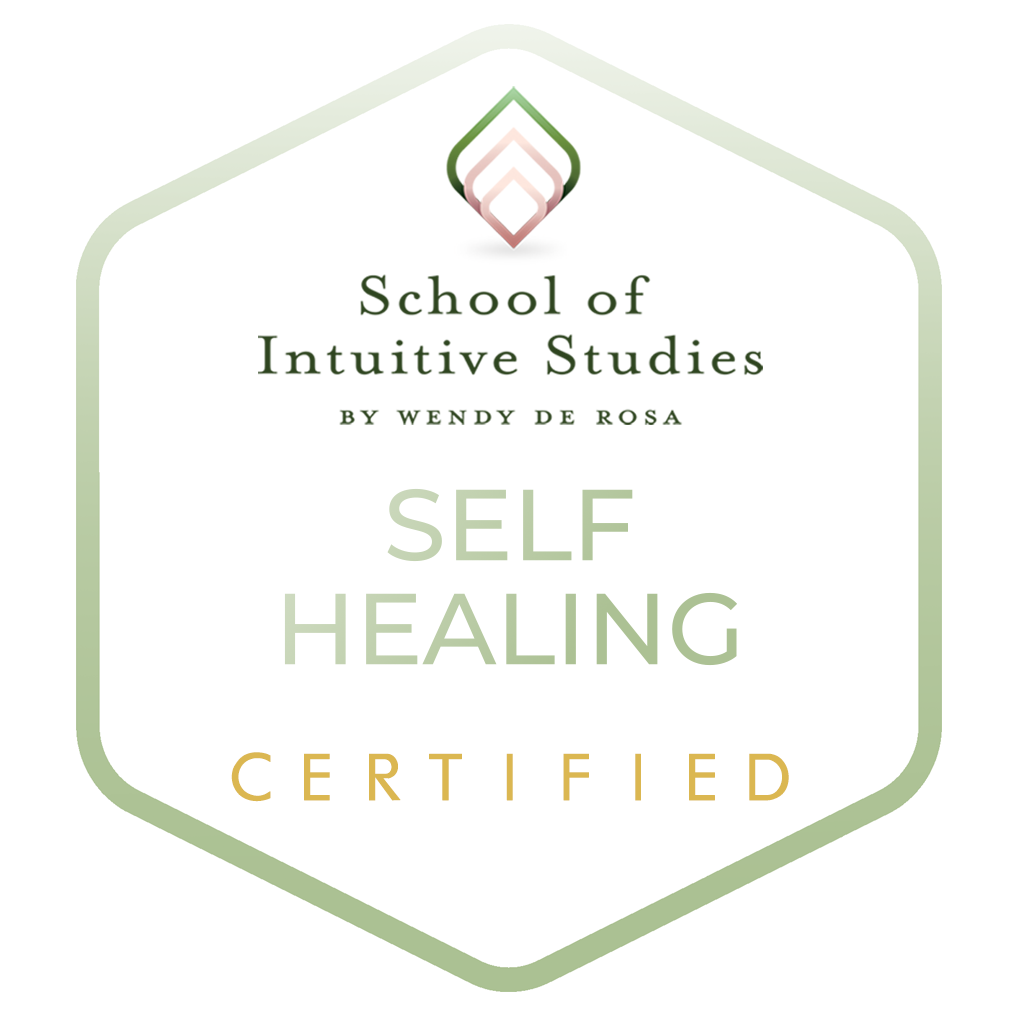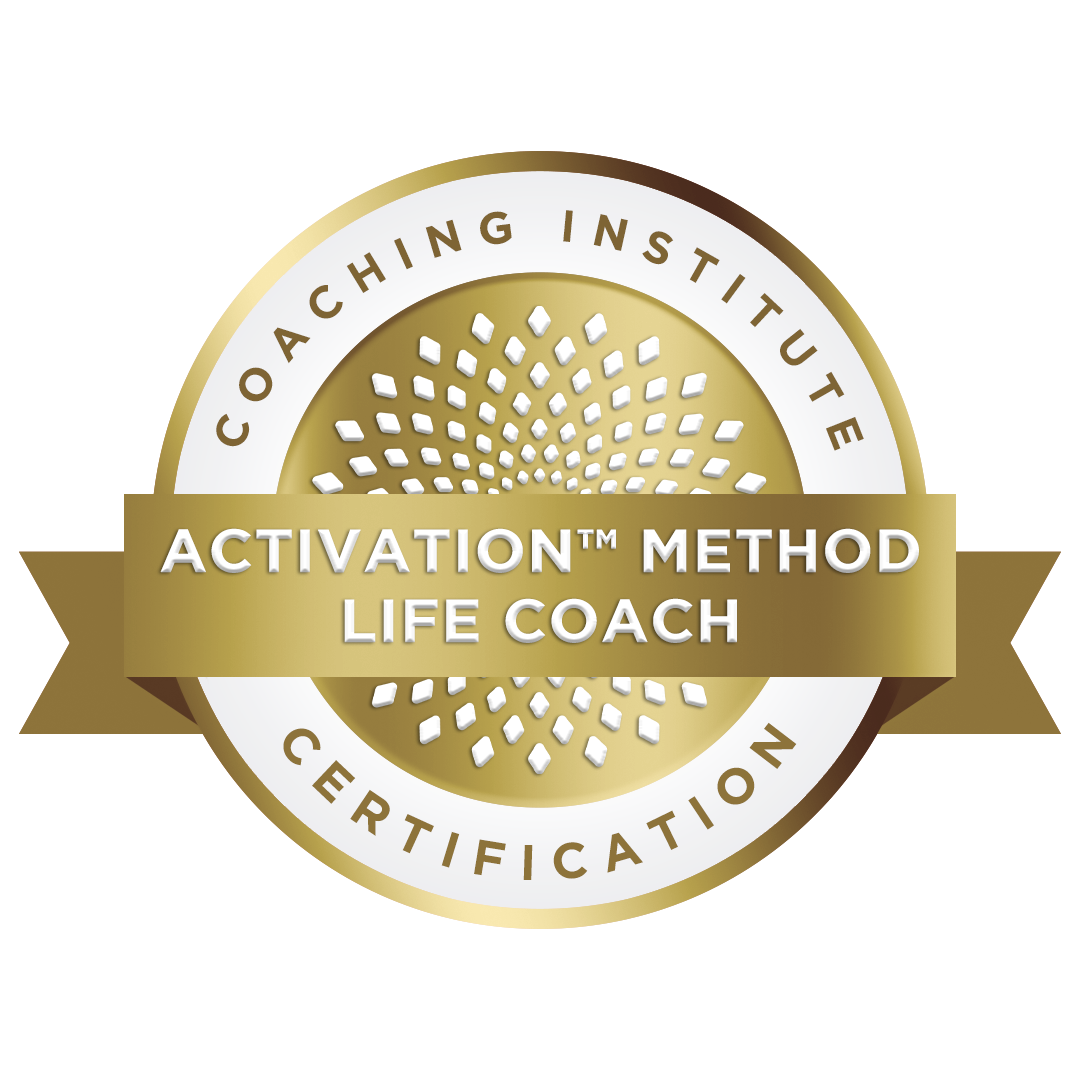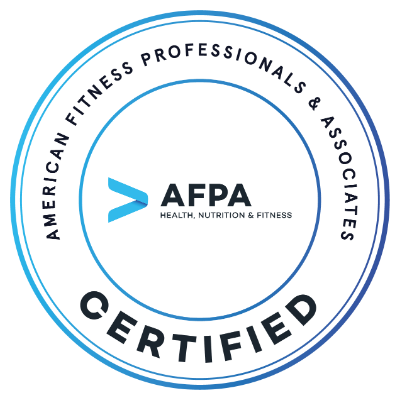Subscribe to Powerful Sensitivity Newsletter!
Probiotics and Prebiotics:
Powerful Promoters of Digestive Health
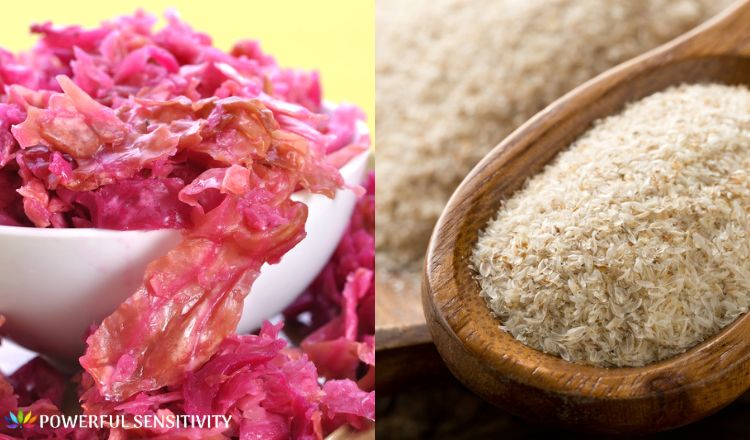
Experiencing gut issues? Discover how probiotics and prebiotics can help your sensitive digestive system to perform better.
As highly sensitive people, having a sensitive nervous system also means having a sensitive gut because of the intricate connection between the nervous system and the digestive system. This translates into being prone to experiencing digestive issues, especially when we are under a lot of stress, which calls for extra support.
Probiotics and Prebiotics are two fantastic allies on our journey of healing our sensitive gut. Let's find out how they can improve digestive performance.
What are probiotics?
Did you know that your digestive tract is home to trillions of bacteria? Yes, that's right! Your gut is the host to trillions of living microorganisms; some of them are good and promote your health, and some others are bad and bring you problems. The key here is the balance between them.
The good friendly bacteria are known as probiotics. Probiotics literally means "for life" because they support health and therefore promote life.

Ideally, we want to have a bigger population of health-promoting bacteria in our digestive tract.
Two of the most important probiotics are Lactobacillus acidophilus and Bifidobacterium bifidum and you can find them in certain foods or even supplement them.
Let's see how probiotics benefit our digestive system and where we can find them in natural foods.
6 Interesting Insights About Probiotics and Their Role in Energetic Digestive Function:
1. Probiotics keep our digestive tract healthy by promoting optimal digestion, absorption of nutrients, and providing protection.
2. In the digestive tract, our small intestine is in charge of finalizing digestion of foods and absorption of nutrients. The cells in the lining of the small intestine are the last "checkpoint" for digestion before nutrients are being absorbed. Think about this area as a border where everything needs to be checked out in order to cross and be delivered to our cells.
Good beneficial bacteria populate this area adding an extra layer of protection to these cells in the lining of our digestive tract preventing unwanted microorganisms from crossing and creating infections. In this way, probiotics are considered a first line of defense and play an important supportive role to our immune system. (1)

3. Another way probiotics provide protection is by preventing the overgrowth of opportunistic organisms like the yeast Candida albicans, which most of the time lives in harmony inside of us, unless it overgrowths and gets out of balance with other microbes, creating a wide range of problems that can affect the gastrointestinal, genitourinary, endocrine, nervous, and immune systems. (2)
4. Continuing with their protective role, probiotics help prevent parasitic infections. Parasites can interfere with digestion and damage the intestinal lining, causing diarrhea. Parasitic infections can also be related to cases of irritable bowel syndrome, indigestion, and poor digestion. (3)
5. Besides the promotion of proper intestinal environment, probiotics are beneficial in the prevention and treatment of: Antibiotic-induced diarrhea, urinary tract infections, vaginal yeast infections, bacterial vaginosis, eczema, food allergies, cancer, irritable bowel syndrome, inflammatory bowel disease, ulcerative colitis, Crohn's disease, traveler's diarrhea, and lactose intolerance. (4)
6. Lastly, let's not forget how probiotics are crucial to recover the integrity, balance and health of our intestinal flora from the damage of antibiotics, whenever they are used. Because remember, antibiotics kills all the bacteria in our gut, both the bad guys and the good guys; therefore, if they cannot be avoided, it is extremely important to provide our intestinal tract with extra beneficial bacteria to offset the damage and avoid bacterial imbalances.
2 Main Foods containing a medicinal amount of Probiotics:
1. Sauerkraut:
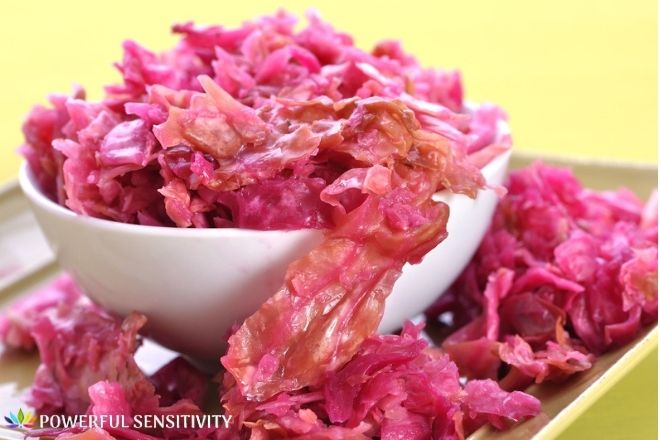
Sauerkraut is fermented cabbage, a natural food rich in probiotics. It is by fermentation that cabbage transforms into sauerkraut.
This healthy food can be enjoyed raw or lightly warmed, but it is important not to cook it because cooking will kill the lactobacilli added during the fermentation process.
It is the lactobacilli the probiotic that provides the fantastic health benefits of sauerkraut, such as: Assist digestion, produce enzymes, make vitamin B6, B12, and K more available to the body, and promote the growth of beneficial bacteria in the digestive tract. (5)
You can make sauerkraut at home or buy it in jars that are kept refrigerated at the store, just make sure the label says: Live and active culture.
2. Yogurt
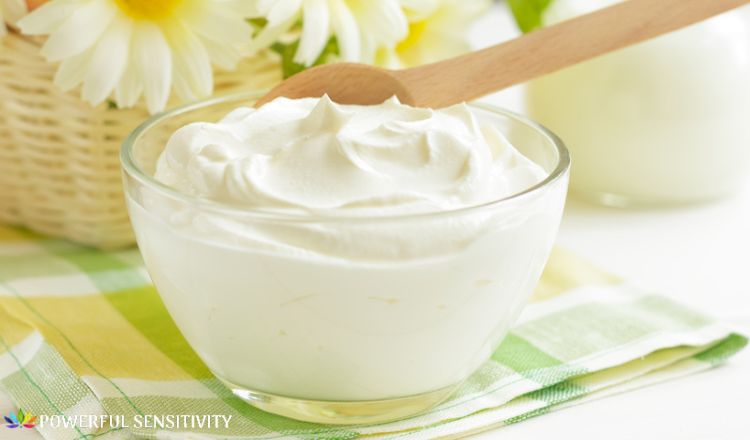
Yogurt is a well-known source of probiotics; however, dairy might not be beneficial for our health because of its content of antibiotics, growth hormones, pus, infections, pollutants...etc. But I added it here because I want to highlight the alternatives that we have to cow's milk yogurt.
Plant-based yogurt made from coconut milk, almond milk, or soy milk are a fantastic alternative to regular yogurt and you still can get the benefits of friendly bacteria. Some plant-based brands are already adding a good amount of probiotics to their delicious yogurts, which is fantastic news for many of us who do not consume dairy.
Research shows that live bacteria in yogurt can become active in the digestive tract and support digestion and absorption of nutrients. It can regulate the passage of food through the digestive system, preventing problems such as diarrhea or constipation. Also, these good bacteria can convert food sugars in the digestive tract into short-chain fatty acids which fuel the cells in our large intestine, improving their function. (6)
There are several more fermented foods containing probiotics. Remember though, if needed, probiotics can be also supplemented, just keep in mind that the quality depends on proper manufacturing, handling, and storage of the supplement. The more live bacteria are available, the more beneficial it will be to you. High quality probiotics containing between 5 billion and 20 billion of viable bacteria would promote health benefits. (7)
What Are Prebiotics? How Are They Different From Probiotics?
Even though probiotics and prebiotics sound similar, they are different, but they are still closely related.
Probiotics are the good bacteria. Prebiotics are the soluble fiber foods that feed the good bacteria. Prebiotics stimulate the growth and/or modify the metabolic activity of intestinal bacteria. Therefore, by eating prebiotics, you're helping establish the good beneficial bacteria in your digestive tract. (8)

What Are the Benefits of Prebiotics?
1. Prebiotics stimulate the growth and/or activity of the friendly bacteria in the colon, helping improve our health. Because of being an indigestible fiber, prebiotics pass through the small intestine without being changed and reach the colon where they are fermented by gut microorganisms. When prebiotics are broken down, it creates short-chain fatty acids which provide energy to colon cells to function effectively. (9)
2. The short-chain fatty acids produced by the fermentation of prebiotics by gut-microbiota include lactic acid, butyric acid, and propionic acid. These products can have various effects in the body, such as influencing certain white blood cells (T-helper cells, macrophages, dendritic cells), decrease the PH of the colon, and stimulate the innate immune system against pathogens. (10)
3. Consuming prebiotics can improve immune function by increasing the population of protective microorganisms such as Lactobacilli and Bifidobacteria, which in turn can decrease the population of harmful bacteria. (11)
The Following Foods Act as Prebiotics:
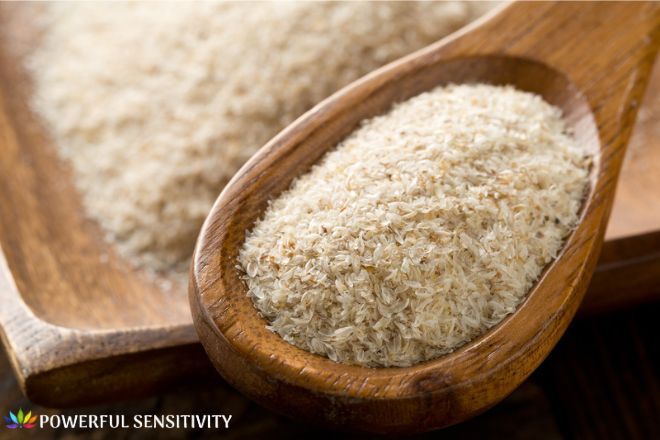
1. Psyllium husk
2. Bran
3. Inulin sources, such as Jerusalem artichoke, jicama, and chicory root
4. Oats
5. Whole grains
6. Soybeans
So, are Probiotics and Prebiotics Effective for Improving Digestive Performance?
In conclusion, probiotics are proven to significantly improve digestive performance because they are beneficial bacteria that promote optimal digestion, nutrient absorption, protection from pathogenic microorganisms, and even promote regularity. They can be especially beneficial to your health if they are properly fed by the indigestible fiber prebiotics found in many natural foods.
Probiotics and prebiotics are powerful promoters of digestive health; therefore, adding them to your diet regularly will definately nourish your sensitive gut.
Love & Light 💗✨
Citations & References
- (1) EHI – Holistic Nutrition Certification, Digestive System Energetics, Dr. Henele
- (2)(3)(4)(7)(8) The Encyclopedia of Natural Medicine, 3rd Ed. Michael Murray ND, Joseph Pizzorno ND – Digestion & Elimination, Candidiasis Chronic, Chron’s Disease and Ulcerative Colitis, p.143, 144, 145, 376, 466
- (5)(6) The World’s Healthiest Foods, 2nd Edition, Cabbage, Yogurt, p. 209, 846
- (9) Fiber and Prebiotics: Mechanisms and Health Benefits, NIH, https://www.ncbi.nlm.nih.gov/pmc/articles/PMC3705355/
- (10)(11) Prebiotics: Definition, Types, Sources, Mechanisms, and Clinical Applications, NIH https://pmc.ncbi.nlm.nih.gov/articles/PMC6463098/
Health Disclaimer
All information shared in this article is for educational purposes only and is not intended to be a substitute for informed medical advice, care, therapy, or any form of health treatment or diagnosis. Any information presented in this article is not intended to advise, diagnose, treat, heal, cure, or prevent any disease. This information should not be used to diagnose or treat any health problems or illnesses without consulting a doctor. Always consult with qualified licensed medical professionals before relying on any information in this article or on this website.
|
|
Share this page:
Powerful Sensitivity Newsletter!
Get holistic insights to support you on creating balance as a Sensitive Soul!
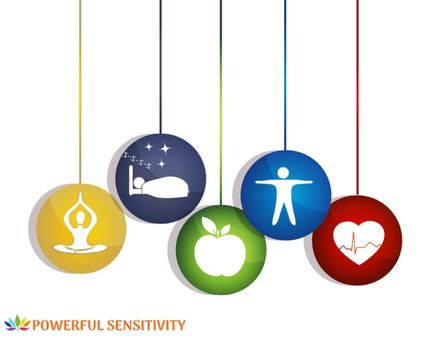
No spam. Your info won't be shared. Unsubscribe at anytime. By subscribing you agree to our privacy policy and terms of service.
Recent Articles
-
What Is a Highly Sensitive Person?
What is a highly sensitive person? HSPs have increased sensory sensitivity, depth of processing, emotional responsiveness, sensing the subtle, overstimulation -
What Is an Empath? Discover How Powerful You Really Are!
What is an empath? Discover the truth and power of your empathic nature. -
Why Do I Feel Different?
Why do I feel different? You may be a highly sensitive person, in which case, your uniqueness is your power. -
Are You an Empath?
Are you an empath? Here, you'll find support on your journey of awakening, healing, and empowerment -
Why Do Empaths Absorb Energy?
Why Do Empaths Absorb Energy? Discover the main reasons why you are taking on other people’s energy.
- Home
- Learning Lounge
- Probiotics and Prebiotics






